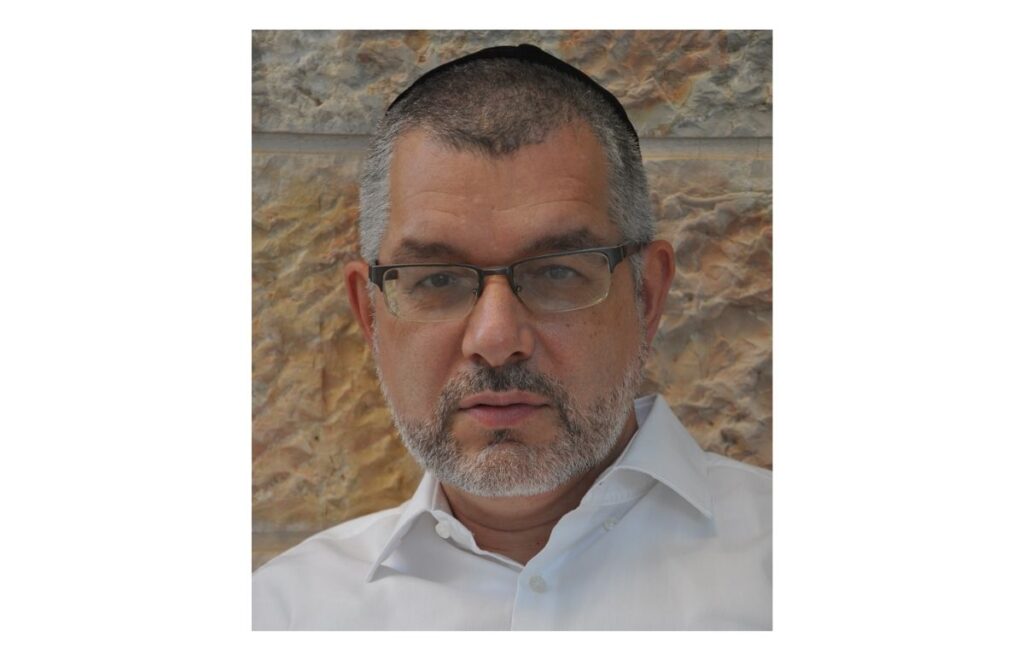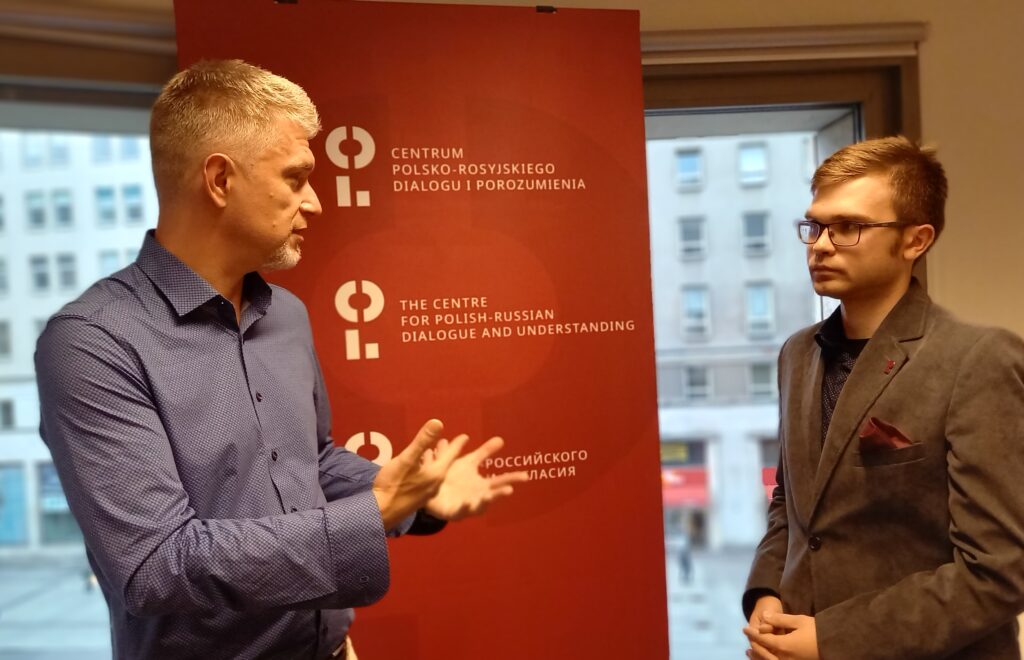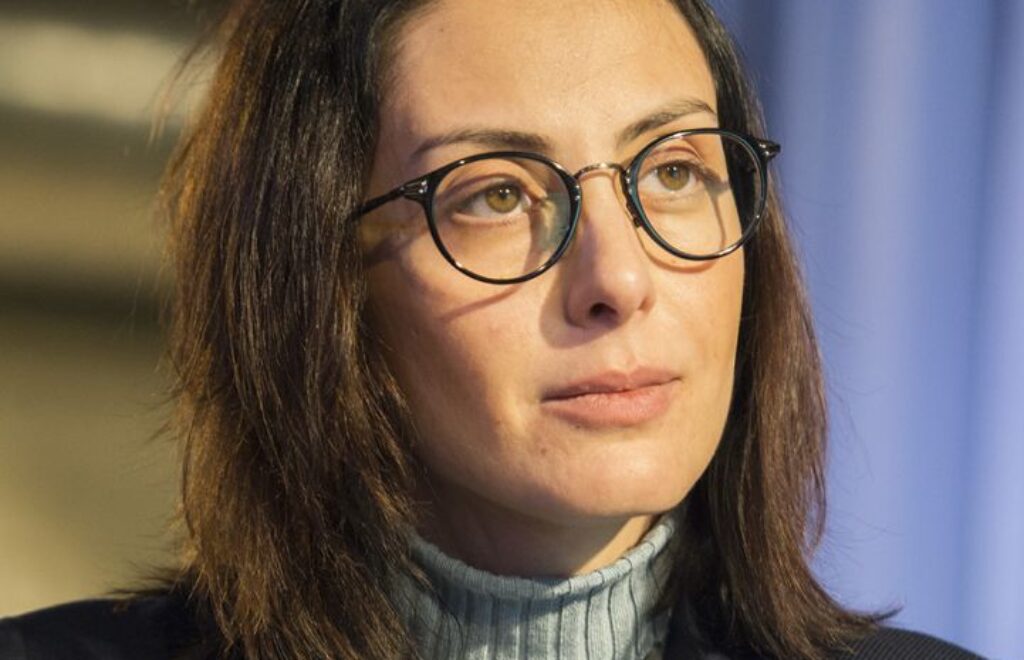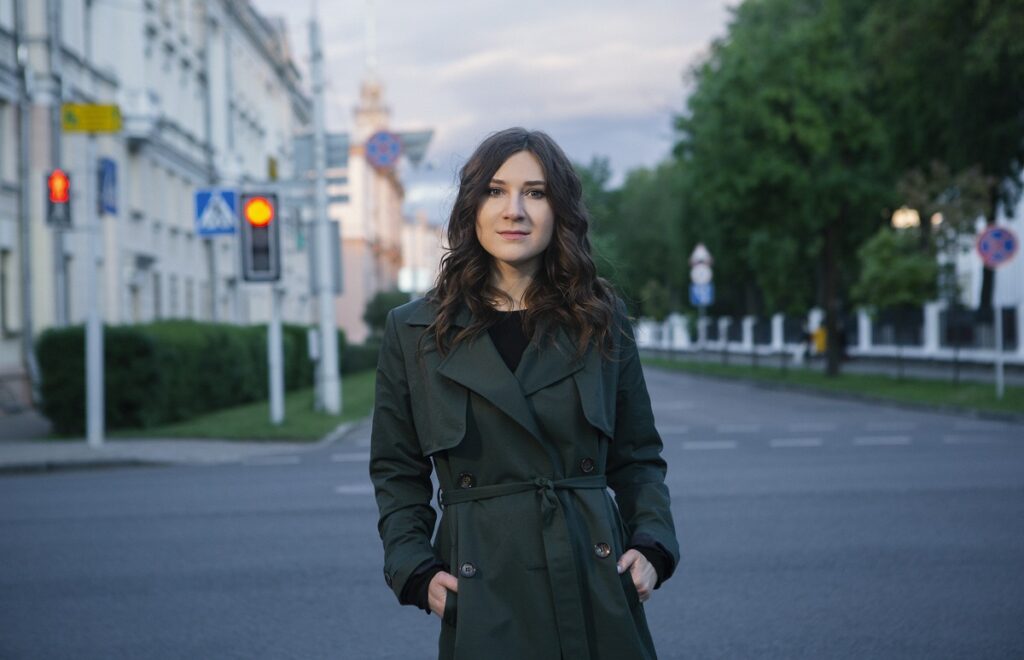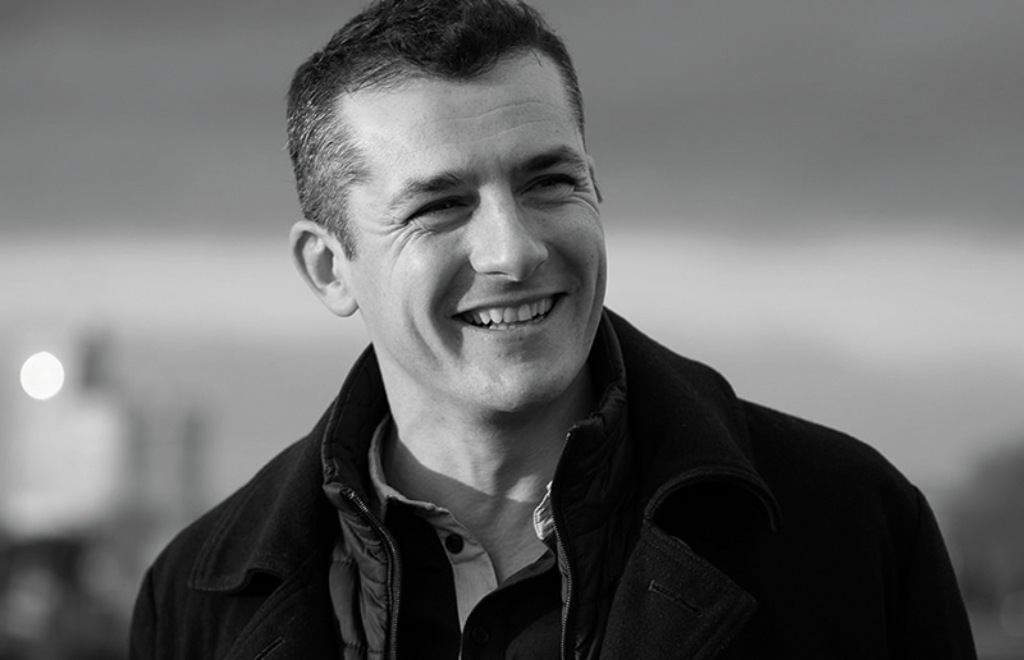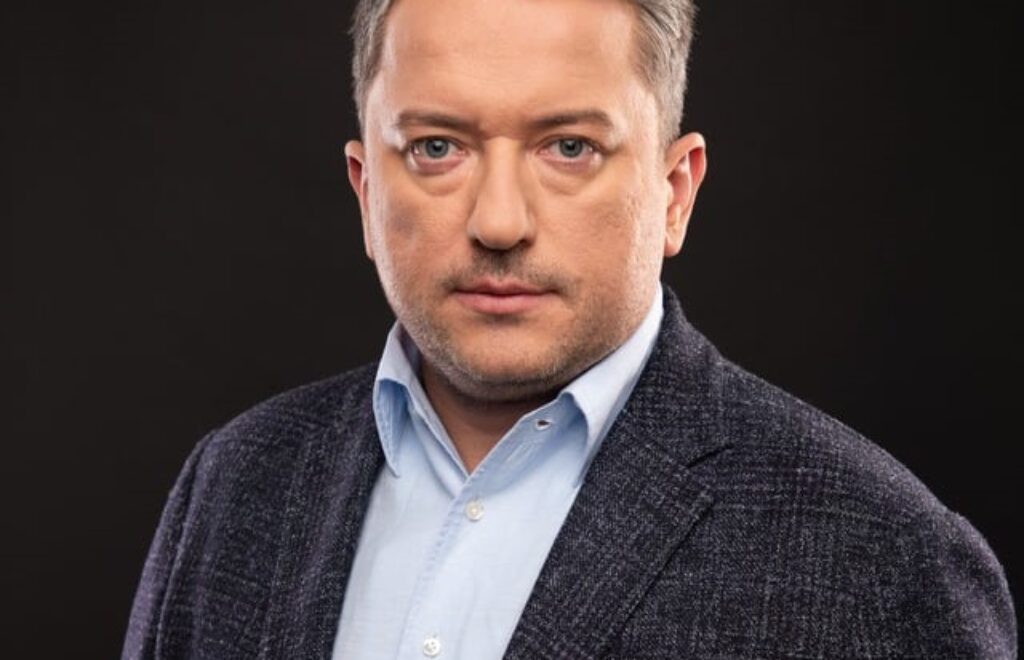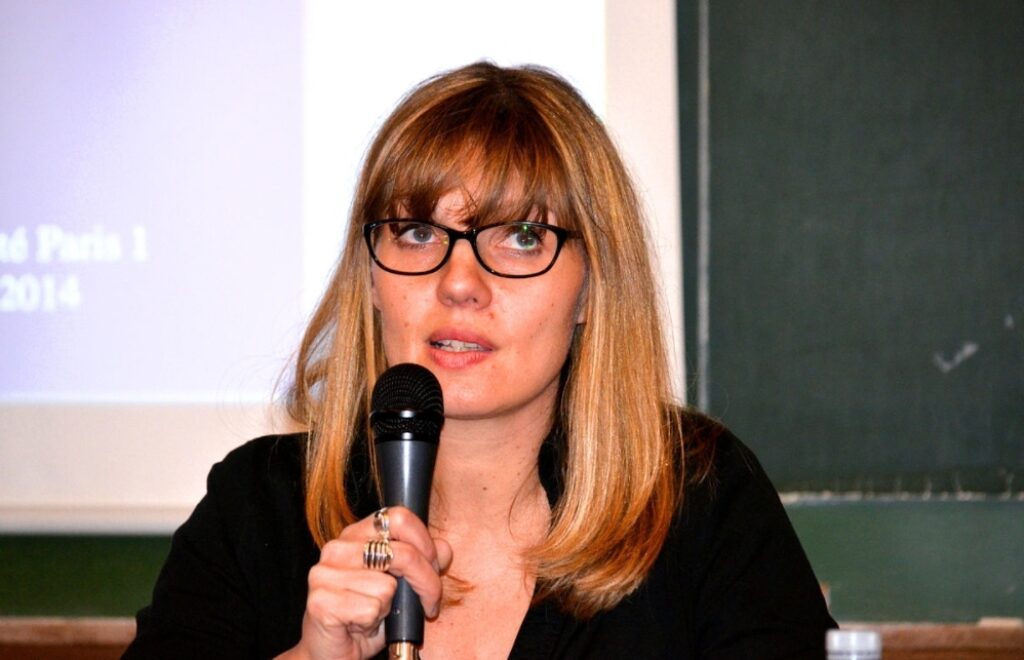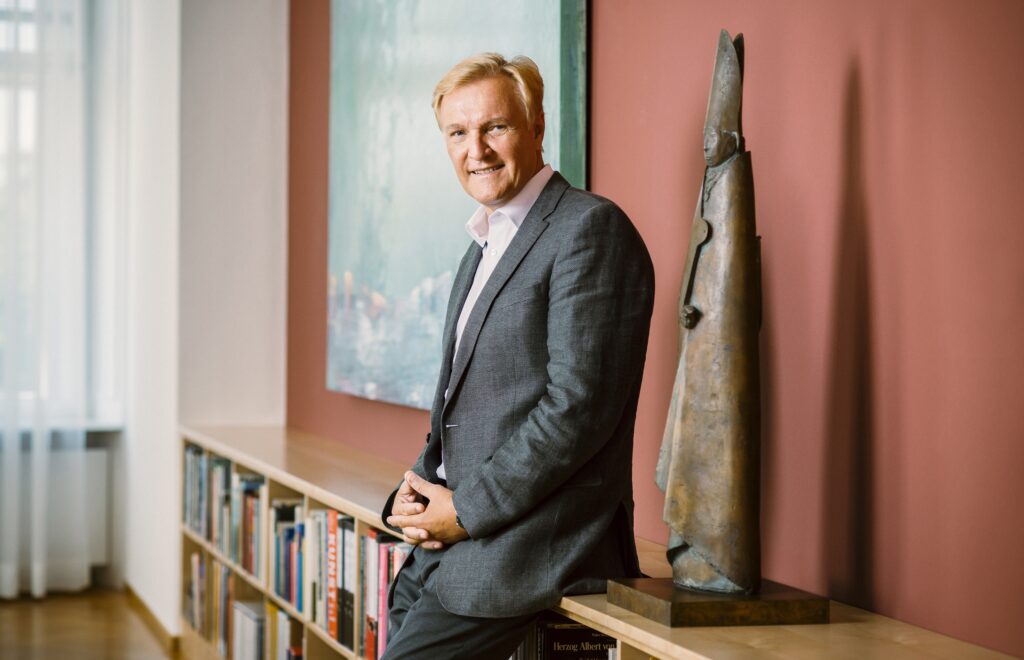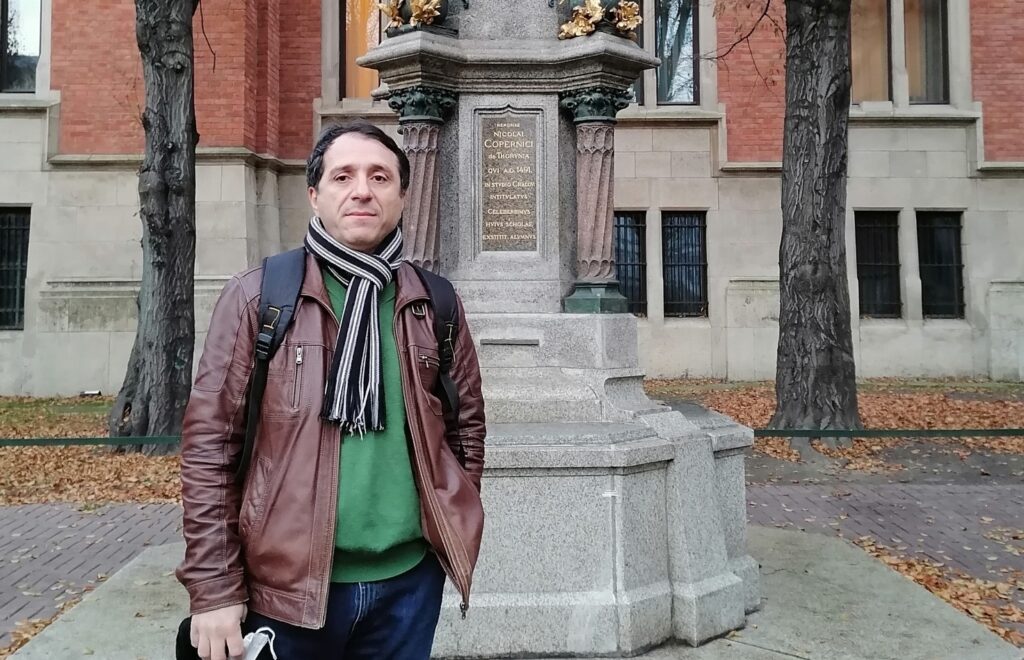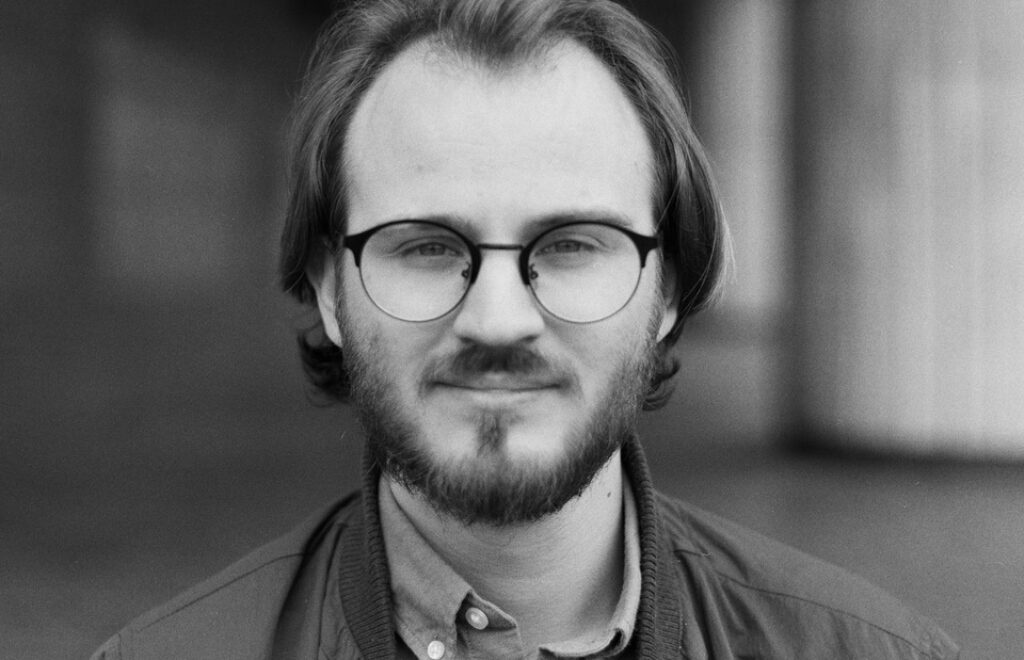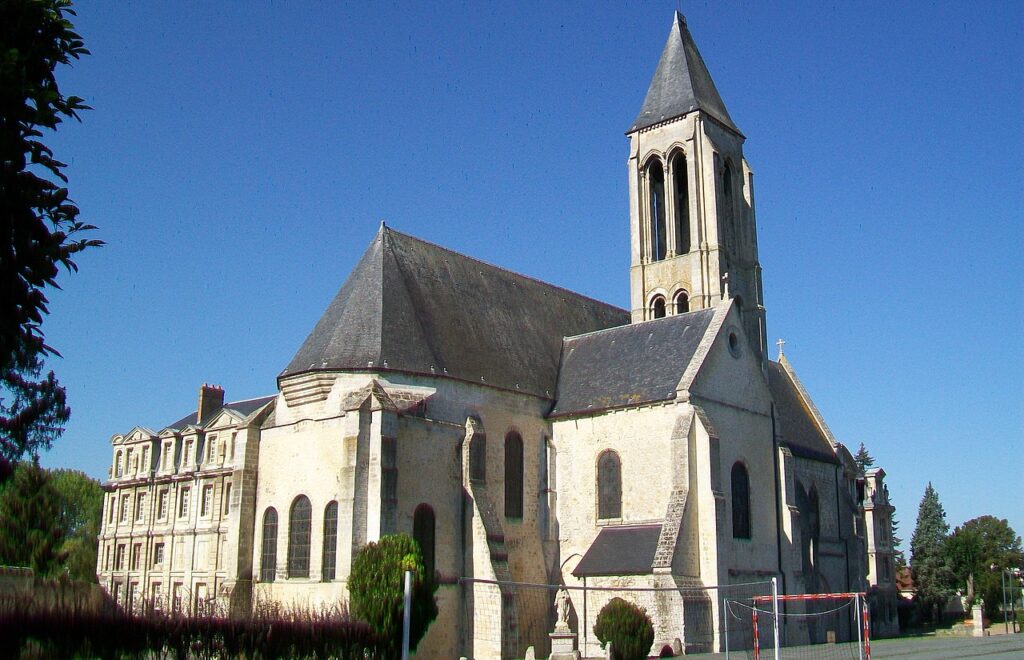A conversation with Serhii Plokhy, Professor of Ukrainian History at Harvard University and director of the Harvard Ukrainian Research Institute. Interviewer: Adam Reichardt
ADAM REICHARDT: This year we commemorate the 30-year anniversary of the fall of the Soviet Union, an event that brought an end to the Cold War as well as what Francis Fukuyama called “the end of history”. Yet, this event also led to social, economic and political instability; nation and identity building; the creation of new states and divides; and conflicts and wars among neighbours, just to name a few of the key processes. But let’s start maybe with the positives. When you look back over the past 30 years, after the collapse of the USSR, what would you say were the most important achievements or milestones throughout these past decades for the post-Soviet space?
SERHII PLOKHY: I will start with something that on the surface sounds controversial but in reality is not. The collapse of the Soviet Union signalled the “end of history” – but the history that I am talking about is not associated with the victory of liberal democracy. It was the victory of private property and market economics. With democracy we have a mixed record at best, but certainly the late 1980s and early 1990s really signalled the end for economies that were not based to one degree or another on the private property and market. Even China, which survived as a party run state and preserved a form of communist ideology, did so by adopting the principles of the market economy. So that is certainly one very clear turning point of global significance, as throughout most of the 20th century that the economic model was often directly challenged.
December 1, 2021 -
Adam Reichardt
Serhii Plokhy


